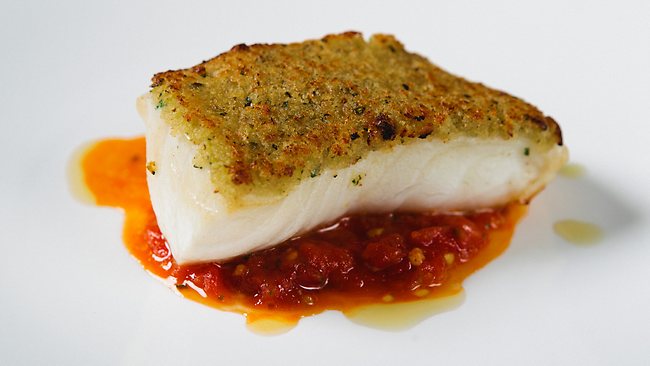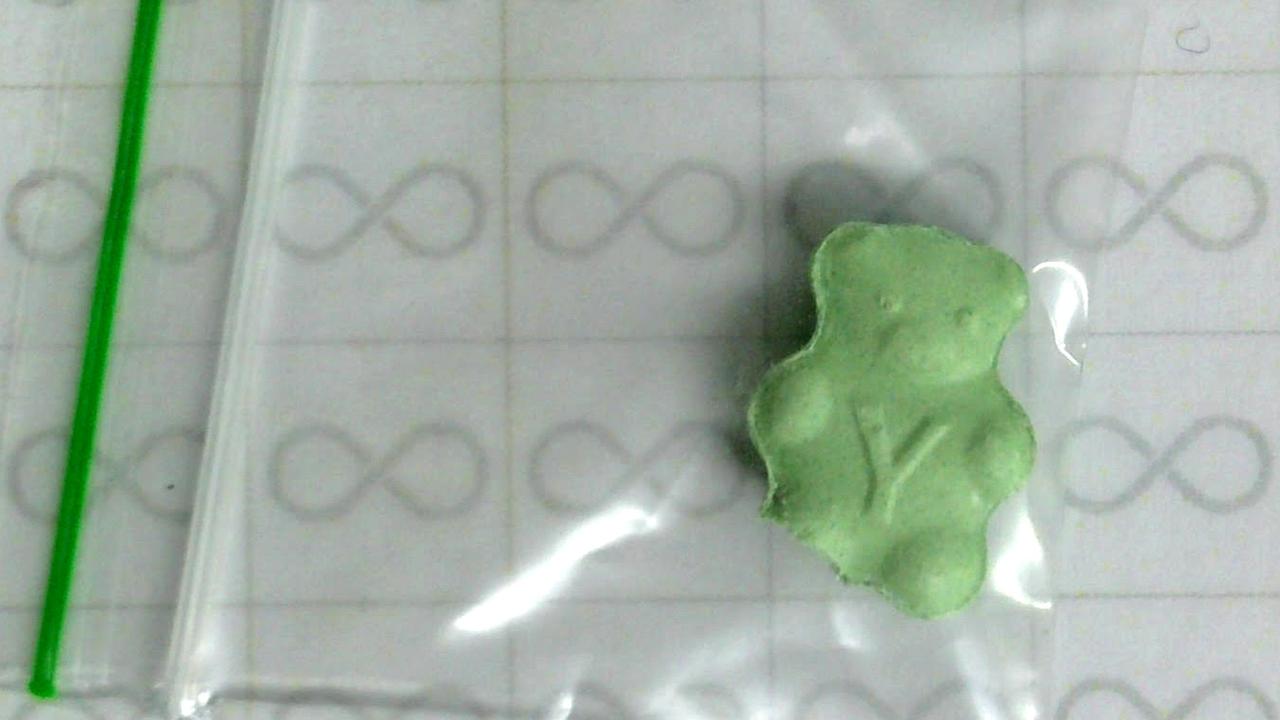Patagonian toothfish launched on Australian market
AUSTRALIA'S most dangerous catch, a monster from the deep hauled out of Antarctic waters over 4000km from mainland, is set for meal table.

IT'S Australia's most dangerous catch, a monster from the deep hauled out of our icy Antarctic waters more than 4000km from the mainland.
The journey to get to the grounds for the Patagonian toothfish takes more than a week and boats stay out for more than 70 days at a time.
Now, after battling pirate crews, government indifference and the logistics of fishing in such challenging conditions, Perth-based Austral Fisheries is taking on a new fight - convincing Australian consumers that their catch is ethically sound and delicious.
More than 10 years ago Patagonian toothfish was in the news when the Federal Government sent boats down to the ground near Heard Island and intercepted illegal fishers.
According to Austral Fisheries chief executive David Carter this has given the fish a bad name.
"It's like trying to convince people to eat pandas," Mr Carter said.
"We need to build our social licence."
The company is licensed to take 2000 tonnes of the fish each year and has worked to gain Marine Stewardship Council certification for sustainability.
Up to now, however, most of the fish has been exported to the United States and Japan where it is highly prized.
"We've treated it as a bit of a commodity. But it's time to tell our story and connect the things we do with consumers," Mr Carter said.
This weekend, at the Noosa International Food and Wine Festival, the fish was launched on the Australian market with the Glacier 51 brand.
Leading chefs have taken little convincing. The fish has high oil content meaning its white, waxy flesh has a unique buttery texture and also can be frozen and transported without deteriorating.
"I've never been a fan of frozen fin fish," chef and restaurant entrepreneur Neil Perry said. "But because of its oil content it freezes well and has great flavour and texture.
"And it has a phenomenal story of sustainability and the long-term vision to make it work.
"Then there is the incredible hardship of fishing in Antarctic waters. What those guys go through is extraordinary."
Italo-Argentinian chef Mauro Colagreco agrees.
"Because it is fished so far under the sea where it is very cold, the meat is very white and fat and when you cook it slowly on the barbecue the taste is amazing,'' said the head chef at Mirazur in France, number 28 on the prestigious San Pellegrino Best Restaurants list.



